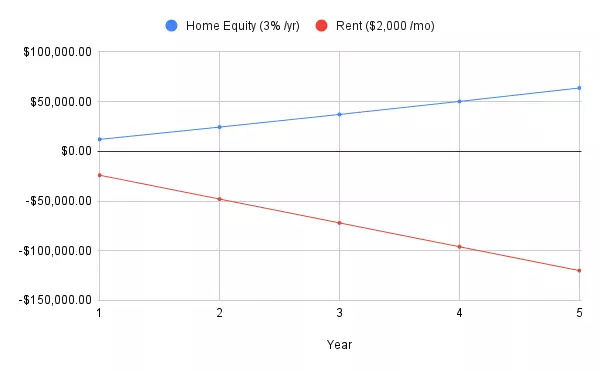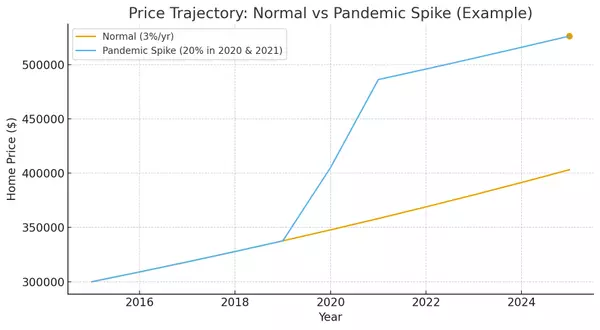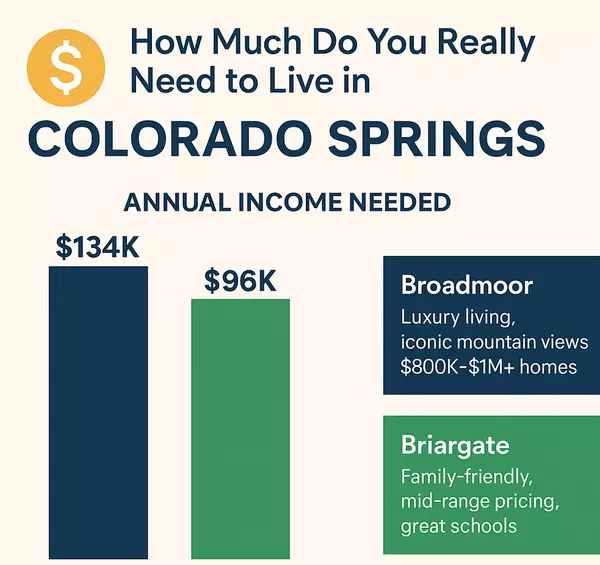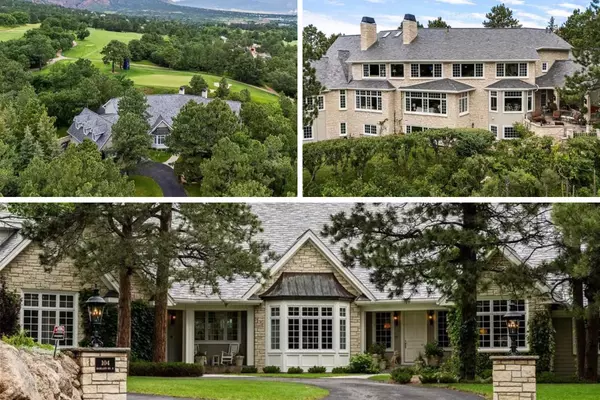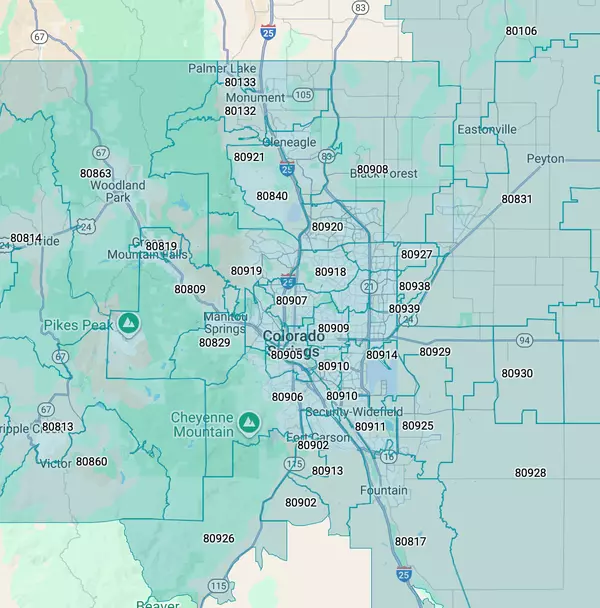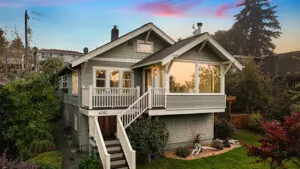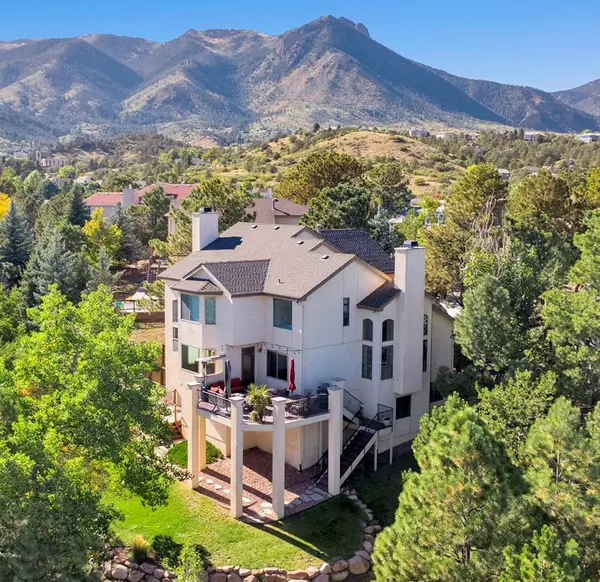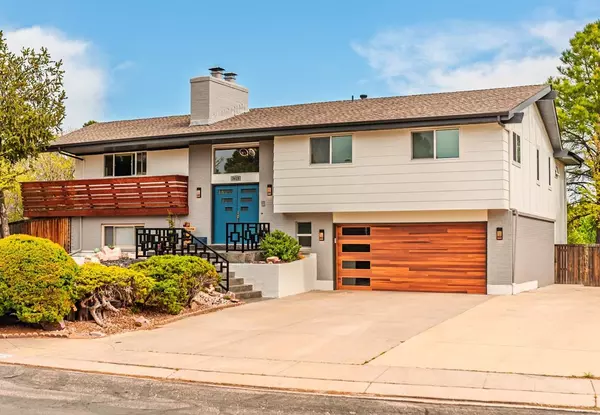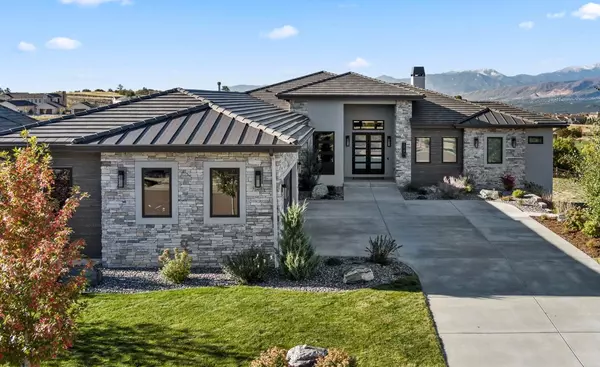Buying a Mobile Home: Costs, Financing, and What You Must Know Before You Buy
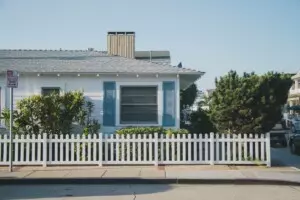

Key takeaways:
- Mobile homes offer an affordable path to homeownership, but they typically depreciate in value over time.
- Financing differs from traditional mortgages—explore loan options like chattel loans, FHA loans, or personal loans.
- Where you place your mobile home matters—choose between a mobile home park with lot rent or private land with zoning restrictions.
Buying a mobile home is an affordable and flexible housing option, but it comes with unique considerations. Whether you’re a first-time homebuyer or exploring alternatives to traditional homeownership, this guide covers everything you need to know.
From choosing between a single-wide home to a double-wide house, understanding the buying process is essential. This Redfin article will guide you through key factors, costs, and financing options to help you make an informed decision.

What is a mobile home?
A mobile home, also known as a manufactured home, is a prefabricated structure built in a factory and then transported to a designated location. These homes come in different sizes and styles and are typically placed in mobile home parks or on privately owned land.
Interested in purchasing land for your mobile home? Search land here.
Types of mobile homes
- Single-wide: A compact, budget-friendly option with a narrow layout, typically 14–18 feet wide and 40–80 feet long. Ideal for individuals, couples, or those seeking a more affordable home.
- Double-wide: Made up of two sections joined together, offering a more spacious layout (usually 20–36 feet wide). These homes feel more like traditional houses and provide extra room for entertaining.
- Triple-wide and larger: Multi-section homes that offer even more space, often exceeding 2,000 square feet. These provide the closest experience to a traditional home with open floor plans, multiple bedrooms, and high-end features.
Pros and cons of buying a mobile home
Pros:
- Affordability: Mobile homes are generally more affordable than traditional houses.
- Flexibility: They can be placed on leased land, private property, or in mobile home communities.
- Quick construction: Manufactured homes are built quickly compared to site-built homes.
- Customization: Many mobile homes offer design flexibility, with various floor plans and features available.
Cons:
- Depreciation: Unlike traditional homes, mobile homes tend to lose value over time unless they are permanently affixed to land.
- Financing challenges: Mobile homes are often classified as personal property rather than real estate, making loans more difficult to obtain.
- Land considerations: If not placed on owned land, there may be ongoing lease payments.
- Resale difficulties: Selling a mobile home can be more challenging than selling a traditional home.
How to buy a mobile home
Buying a mobile home involves several key steps to ensure you make the right choice. Here’s how to go about it:
- Set a budget: Determine how much you can afford, including additional costs like land, installation, and maintenance.
- Choose between new or used: Consider whether to buy a new mobile home with warranties or a used one that may be more affordable but require repairs.
- Pick a location: Decide whether to place your home in a mobile home park or on private land, factoring in zoning regulations and lot rent.
- Research manufacturers and dealers: Look for reputable sellers with good reviews and check for HUD compliance in new mobile homes.
- Secure financing: Explore chattel loans, FHA loans, or traditional mortgages if the home is affixed to land.
- Inspect before buying: Get a professional inspection to assess structural integrity, plumbing, and electrical systems.
- Finalize the purchase: Review the contract carefully, ensuring you understand all terms before signing.
Key factors to consider when buying a mobile home
1. New vs. used
- New mobile homes: Come with warranties, modern designs, and energy-efficient features.
- Used mobile homes: Typically more affordable, but may require maintenance and repairs.
2. Choosing a location
- Mobile home park: Requires monthly lot rent, but often includes amenities like pools, clubhouses, and maintenance services.
- Private land: Offers more freedom, but zoning laws and utility connections need to be considered.
3. Understanding the costs
- Purchase price: Varies based on size, age, and location.
- Installation and setup: Includes delivery, foundation, utilities, and permits.
- Lot rent (if applicable): Monthly payments for renting space in a mobile home park.
- Insurance and taxes: Property tax rates depend on whether the home is classified as real or personal property.
How much do mobile homes cost?
The cost of a mobile home varies based on several factors, including size, location, and whether it is new or used. Here are some general price ranges:
- Single-wide mobile homes: Typically range from $30,000 to $80,000.
- Double-wide mobile homes: Usually cost between $50,000 and $150,000.
- Triple-wide and larger homes: Prices can exceed $150,000, depending on customization and features.
Additional expenses when you buy a mobile home
When purchasing a mobile home, it’s important to account for additional expenses beyond the initial purchase price. These may include:
- Utility hookups: Setting up water, electricity, gas, and sewage can incur extra costs.
- Skirting and anchoring: Required in many areas to protect the home from weather damage and provide stability.
- Home maintenance and repairs: Like any home, a mobile home requires regular upkeep.
- Community fees: If placed in a mobile home park, there may be additional community maintenance fees.
- Furniture and appliances: Many mobile homes do not come with appliances or furniture, adding to the initial setup costs.
Additional costs: Delivery, installation, land purchase (if applicable), and setup fees can add $10,000 to $30,000 or more.
Financing options
Financing a mobile home differs from a traditional mortgage, as many are classified as personal property rather than real estate. Depending on whether your home is on leased land or permanently affixed to a foundation, you may need to explore options like chattel loans, FHA loans, or traditional mortgages to find the best fit for your budget.
- Chattel loans: A common financing option for mobile homes on leased land.
- FHA and VA loans: Available for mobile homes that meet specific requirements.
- Personal loans: For buyers with good credit who need alternative financing.
- Traditional mortgages: Possible if the mobile home is permanently affixed to land.
Best mobile home financing options
| Loan Type | Best For | Pros | Cons |
| Chattel Loans | Mobile homes on leased land | Quick approval, lower upfront cost | Higher interest rates |
| FHA Loans | First-time homebuyers, homes on land | Lower down payment | Requires stricter property standards |
| VA Loans | Veterans buying mobile homes | No down payment | Must meet specific VA guidelines |
| Personal Loans | Buyers with strong credit | Flexible use of funds | Higher interest rates |
Inspection and insurance
Get a professional inspection
Before purchasing a mobile home, hire a licensed inspector to check for:
- Structural integrity: Look for signs of damage, settling, or weak flooring.
- Plumbing and electrical systems: Ensure there are no leaks, faulty wiring, or outdated components.
- Roof and foundation: Verify the roof is in good condition and the home is properly anchored for stability.
- Pest or water damage: Check for mold, termites, or signs of moisture intrusion.
Obtain homeowners insurance
Protect your investment with the right insurance coverage:
- Mobile home insurance: Covers structural damage, theft, and liability.
- Flood or windstorm coverage: May be required in high-risk areas.
- Personal property coverage: Protects your belongings inside the home.
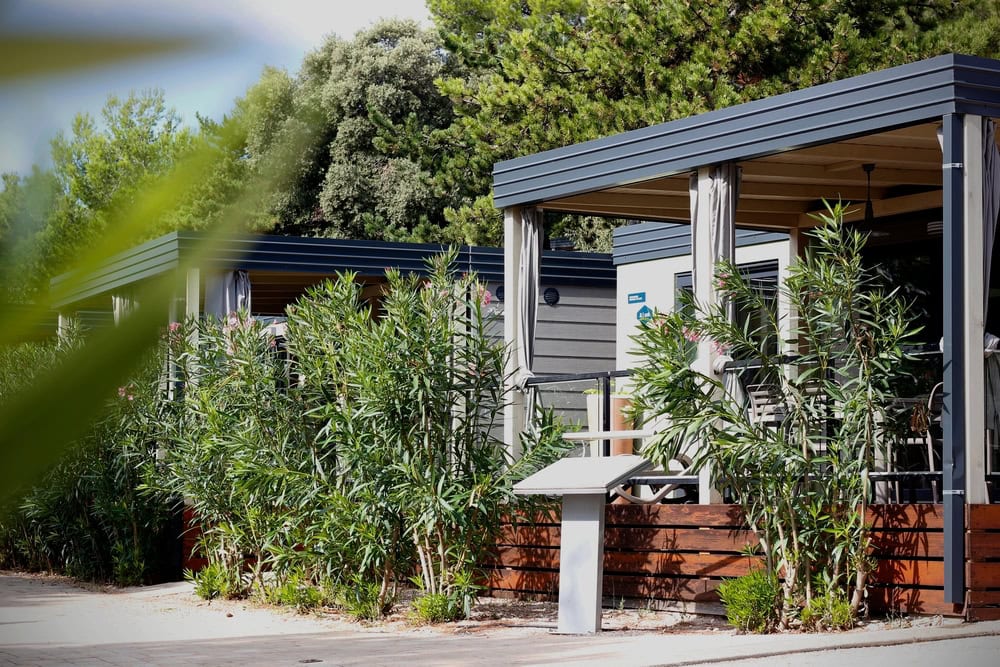
Different types of mobile home communities
Mobile home communities vary in amenities, ownership structures, and regulations. Here are the main types:
- Age-restricted communities: Designed for residents aged 55 and older, offering a quieter environment with age-specific amenities.
- All-age communities: Open to individuals of all ages, often with amenities like playgrounds and pools.
- Resident-owned communities: Homeowners collectively own the land and share maintenance responsibilities, reducing lot rent expenses.
- Land-lease communities: Residents own their mobile homes but lease the land, paying monthly lot rent to a private owner or management company.
- Luxury mobile home parks: Offer high-end amenities such as clubhouses, fitness centers, and gated security.
- RV and mobile home mixed communities: Allow both mobile homes and RVs, providing flexibility in housing options.
Frequently asked questions about mobile homes
1. Do mobile homes appreciate in value?
Mobile homes typically depreciate in value over time, unlike traditional homes. However, if they are placed on owned land and well-maintained, they may retain or increase in value.
2. Can I move my mobile home after purchasing it?
Yes, but moving a mobile home can be expensive and requires permits. Additionally, some older models may not meet transport regulations.
3. How long do mobile homes last?
With proper maintenance, a mobile home can last 30-50 years or more. The lifespan depends on build quality, upkeep, and environmental conditions.
4. Are mobile homes safe during extreme weather?
Newer mobile homes built to HUD standards are designed to withstand severe weather, but they may not be as durable as site-built homes. Anchoring systems can improve safety.
5. Can I get a mortgage for a mobile home?
If the mobile home is permanently affixed to land, you may qualify for a traditional mortgage. Otherwise, financing options like chattel loans or personal loans are available.
6. Is there a difference between a mobile home and a trailer?
Yes, there is a difference. A mobile home, also known as a manufactured home, is built in a factory and adheres to federal HUD standards. A trailer, often used interchangeably with RVs, is a smaller, movable dwelling designed for temporary use rather than permanent living.
The post Buying a Mobile Home: Costs, Financing, and What You Must Know Before You Buy appeared first on Redfin | Real Estate Tips for Home Buying, Selling & More.
Categories
Recent Posts
